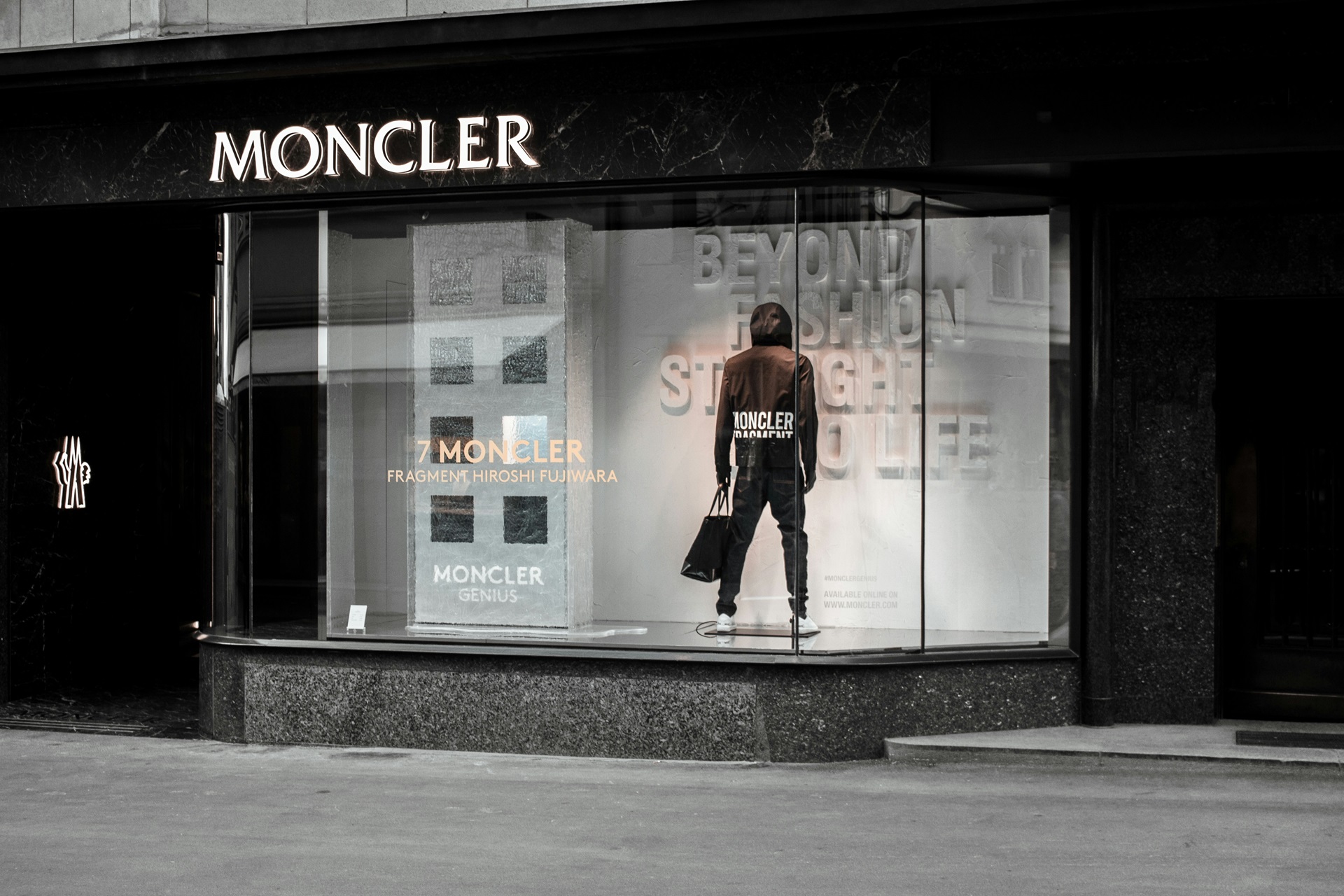
When asked what they value in a brand, nearly half of Gen Z (46%) said a reasonable price, 39% said high quality while only 8% said being on trend.
There’s a lot to learn from these fails. In this article we’ll talk about the most expensive mistakes brands are making when marketing to Gen Z and explain how you can avoid doing the same.
1. Don’t assume you ‘know’ Gen Z
We work with many of the world’s most fashionable and stylish brands; each count on insight to inform their decision making. Others rely on their own sense of ‘cool’ and prefer to make instinctive, gut decisions. When speaking to brands who side-step insight, we don’t hold back on delivering a reality check when it comes to knowing your audience.
Back in 2016, PepsiCo president Brad Jakeman boasted that he had created a new in-house content creation arm, accelerating delivery and eradicating the need for market research or external agencies. A year later, Pepsi faced a huge backlash to an advert which appeared to trivialise social justice campaigns and was dubbed tone deaf.
![kendall-jenner-pepsi-ad-1491402522[1]-604345-edited.png](https://www.youthsight.com/hubfs/kendall-jenner-pepsi-ad-1491402522%5B1%5D-604345-edited.png)
Even the daughter of Martin Luther King called out the ad for being tone deaf.
The fault lines for this campaign are easy to spot – Pepsi was over-confident in believing they knew their audience (despite most executives being a lot older) and decided not to audience-test the ad before going public. They paid the price.
Other brands who fall into the same trap assume they know Gen Z having read the swathes of publicly available information about this age group online. But reading a few articles isn’t enough. You wouldn’t/ you really shouldn’t base your next marketing decision on a few articles you’ve read on your daily commute. To predict how Gen Z will react to your latest marketing campaign you need to engage with them and ask them.
2. Be careful what you stand for
One in five Gen Z have boycotted a brand. They’re not afraid to use their power as consumers to influence social change through the brands they choose to buy and the brands they consciously refuse to buy.
According to our State of the Youth Nation data, the top reasons young people boycott products are to challenge unethical practices, end animal cruelty and respond to bad brand experiences. Gen Z want brands to have a human conscience and share their values. This has left brands like Nestle, Primark, MAC, Apple and Starbucks out in the cold when trying to connect with Gen Z.
![Boycott2[1]-747647-edited.jpg Boycott2[1]-747647-edited.jpg](https://www.youthsight.com/hs-fs/hubfs/Blog%20+%20Email%20Images/Boycott2%5B1%5D-747647-edited.jpg?width=678&name=Boycott2%5B1%5D-747647-edited.jpg)
Source: State of the Youth Nation
The importance Gen Z place on values has persuaded many brands to play up their ethical credentials. Winners in this space are brands who have raised issues that are relevant to their mission such as Bodyform and their taboo-busting #bloodnormal campaign which used red liquid rather than blue in their advertising; Lynx who are challenging macho stereotypes to promote the diversity within modern masculinity; and Heineken’s Open Your World ad that brought people with vastly different opinions together to make flat-pack furniture.
What each of these brands have in common is that they haven’t tried to stretch their brand when making a stand.
As a sense of brand love while young is an important predictor of future purchase as an adult, messaging blunders can hit hard now and in the future. Be cautious and only develop a purpose-led campaign if you can guarantee your message will be long-lasting. Young consumers are sophisticated and they can see when love is being bought.
3. Don’t lose sight of what really matters to Gen Z
A coherent pricing strategy may not be the sexiest marketing tactic, but it if you get it right, Gen Z will be more motivated to buy your brand over the new kid on the block.
When asked what they value in a brand, nearly half of Gen Z (46%) said a reasonable price, 39% said high quality while only 8% said being on trend. Our State of the Youth Nation data clearly shows that Gen Z are not yet able to afford expensive lifestyle brands.
For money conscious Gen Z, they want to know that they are getting a fair deal when parting with their money.
What do Gen Z value most in a brand?
Recent losers in this equation who’ve been dubbed ‘style over substance’ are Kylie Cosmetics (Kylie Jenner’s make-up brand) who sell ‘luxury’ make-up brush sets for £268 when similar sets cost £40 in Boots; and Zoella whose advent gift box retailed at £50 in the run-up to Christmas only to be described as ‘tat’ by those who bought it.
As a result, there’s been a rise in the number of brands who have remained true to their core product, have not changed with the fashion and promise high quality and durability.
Dr Martens, Camelback and Patagonia are three popular brands that offer a lifetime guarantee which justifies their premium price point; while the success of Fenty Beauty was undoubtedly helped by its association with Rihanna, young females were ultimately drawn to the brand because it fulfils a specific need, is inclusive of all skin colours and offers quality products at a reasonable price.
The message we are hearing from Gen Z is that when it comes to brand loyalty, they are sensible shoppers who’d rather feel good about the investment they’ve made over being on trend. This Gen Z mindset has significant implication for the future of youth marketing and who will be the next generation of cultural tastemakers.
Ideas to take back to your team:
Being young now is different to when you were young. Gen Z have never used their landline to speak to their friends, they’ve always had the internet, they have a personal brand to protect and you’ll only see them drunk on special occasions.
Here are three ideas to help improve your youth marketing going forward:
- Invite Gen Z to challenge you and your brand identity – Without knowing how young people view your brand you won’t know how far it can stretch (this is especially important for ‘heritage’ brands who may have been popular in the past and lost share of mind).
- Recalibrate to the motivations of Gen Z consumers – Gen Z are by no means less sophisticated consumers – their coming-of-age story has made them the most conscious consumers ever. Take time to understand their decision-making and the identify the new touchpoints that influence their purchasing e.g. the role of influencer marketing.
- Don’t get seduced by the need to be on trend – Money matters to Gen Z as they have grown up in the recession. Revisit your pricing strategy and reflect on the quality you’re delivering – are you style over substance?
Keep plugged into youth culture
Interested in getting more regular Gen Z updates? Have you thought about subscribing to State of the Youth Nation (the essential Gen Z insight tracking product)?
Find out what you need to know about Gen Z without commissioning additional research. We’ve been tracking 16-24s since 2015, with 700+ questions that uncover what young people care about, where they’re headed and their digital worlds.
Membership gives you access to:
- Latest Gen Z insights
- Regular webinars
- Insight workshops.
See what data we have that will change your business…
Book a demo to see more of our youth data.





